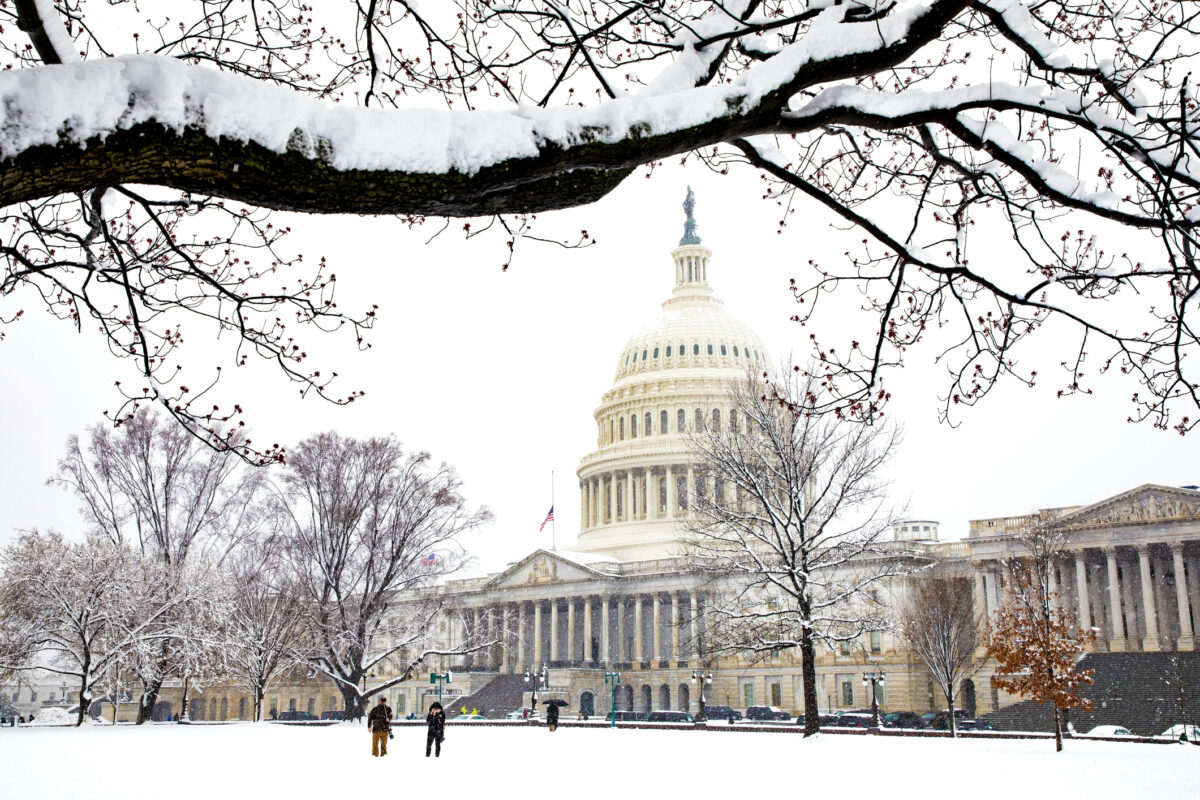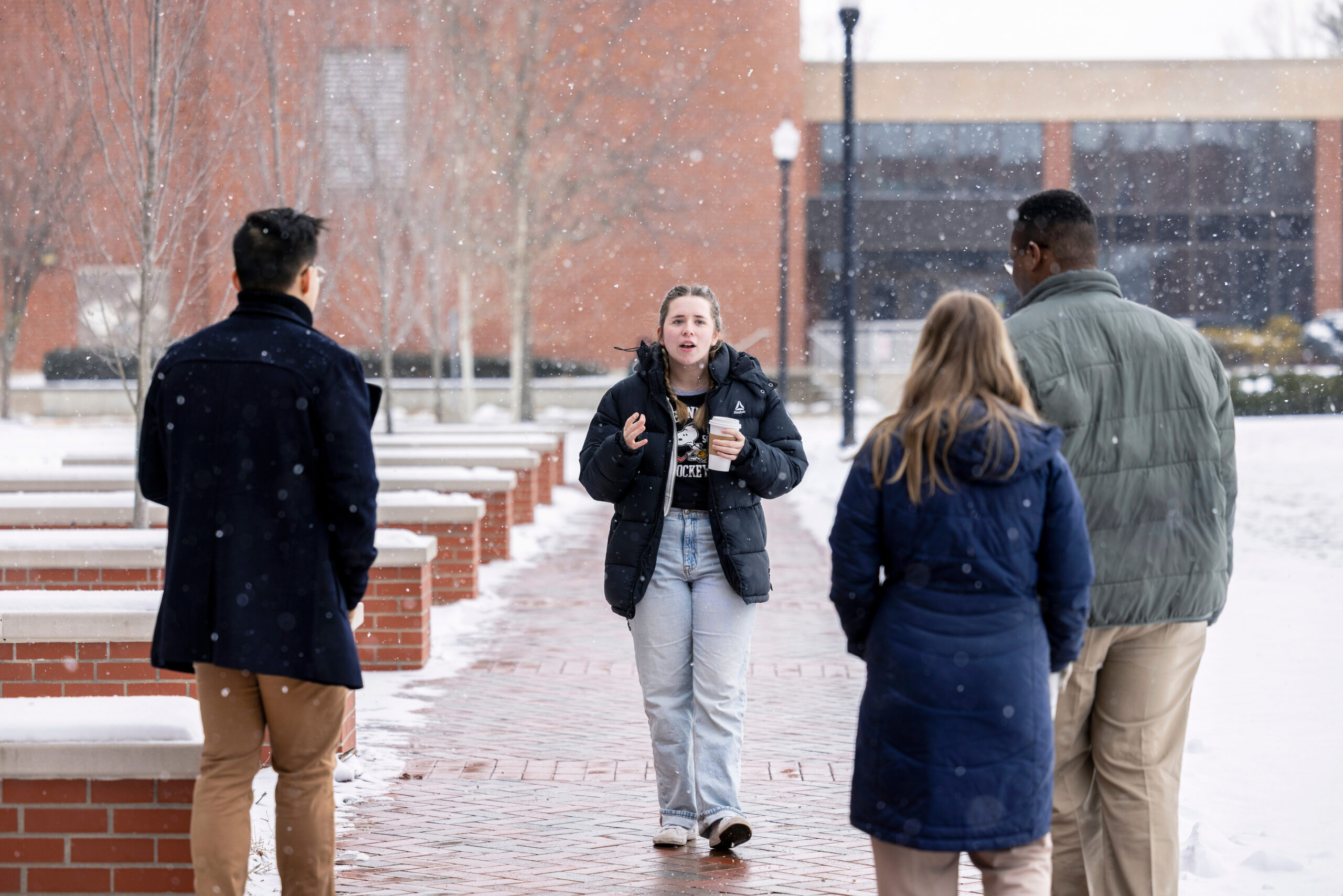IHEP Statement on Trump Administration Decision to Rescind Guidance on Race-Conscious Policies in College Admissions
Published Jul 05, 2018
On July 3, 2018 the U.S. Departments of Justice and Education rescinded Dear Colleague letters previously issued in 2011, 2013, 2014 and 2016, regarding how colleges and universities consider race and ethnicity in admissions practices. In the 2016 Fisher v. University of Texas at Austin ruling, the U.S. Supreme Court upheld the use of race-conscious policies in college admissions. IHEP President Michelle Asha Cooper issued the following statement:
“As many Americans prepared to celebrate our nation’s independence, the Trump administration signaled its desire to curtail the promise of educational opportunity and prospects for educational excellence for millions of hardworking students.
“In 2016, the U.S. Supreme Court affirmed the compelling interest that institutions of higher education have in achieving the educational benefits of student diversity. The Court’s ruling, consistent with four decades of federal case law, validated the value of sensible implementation of race-conscious policies that can enhance diversity and help institutions achieve educational excellence for all students. As corporate America has recognized in many contexts (including Court filings), and as I wrote in 2016, affirmative action helps advance America’s economic competitiveness in our global economy. As research and experience demonstrate, such diversity in education leads to a more productive workforce and ultimately, a stronger economy.
“Although the Supreme Court’s decision continues to be the law of the land, the Trump administration’s actions reflect a troubling disregard for the value of diversity for all students, and more broadly, the importance of promoting equitable access and success in college for students of color who have been historically underserved.”


